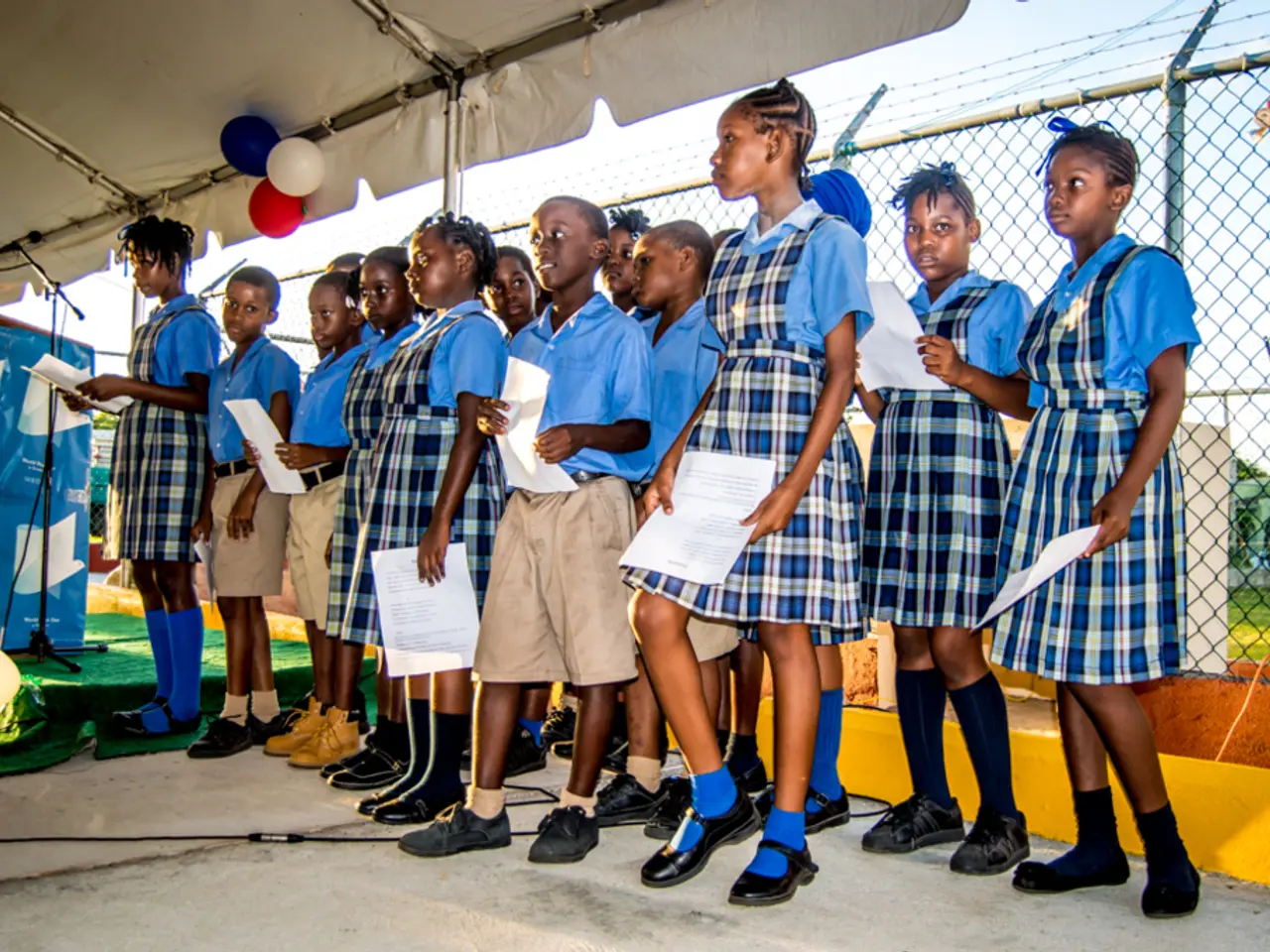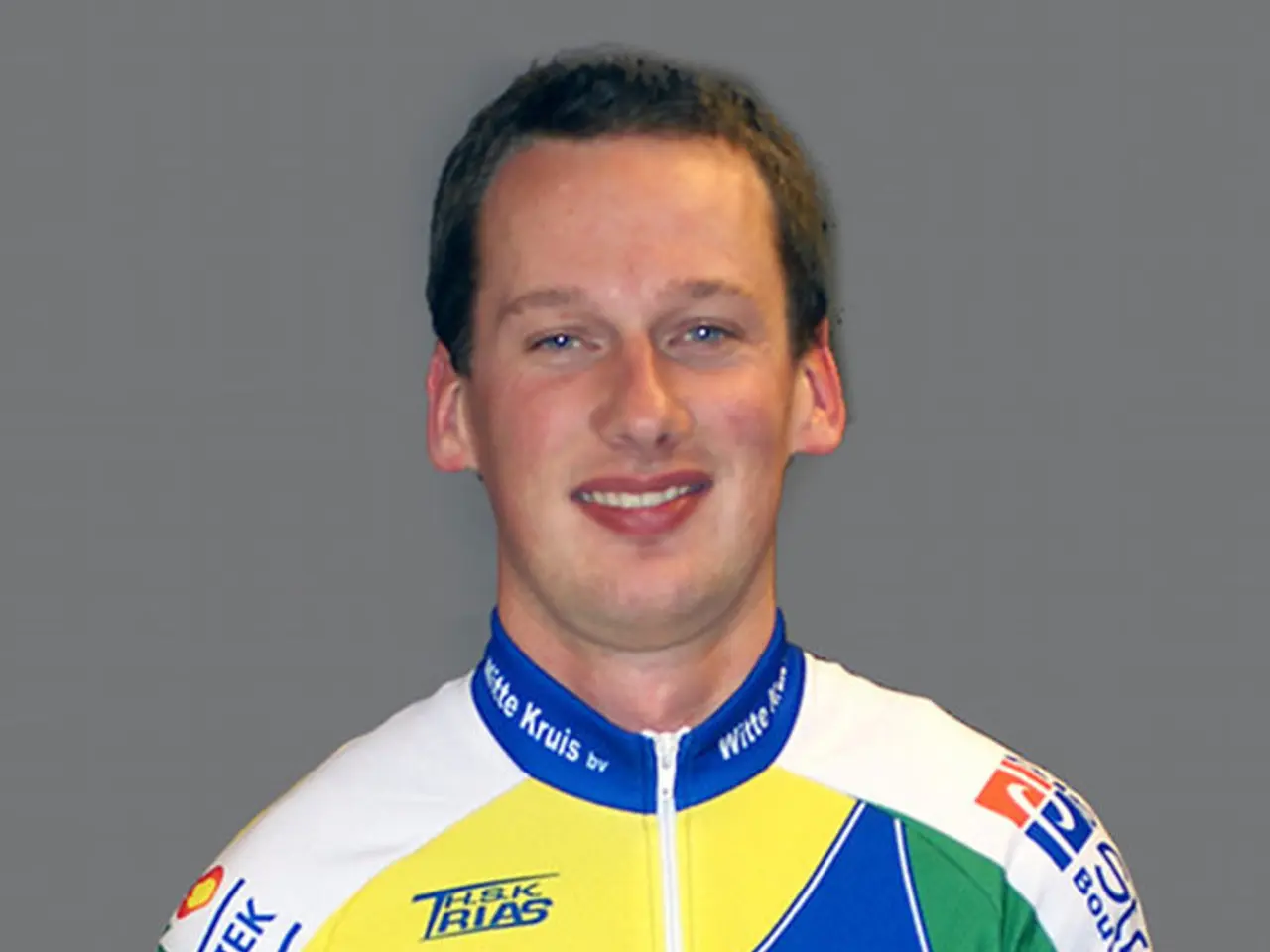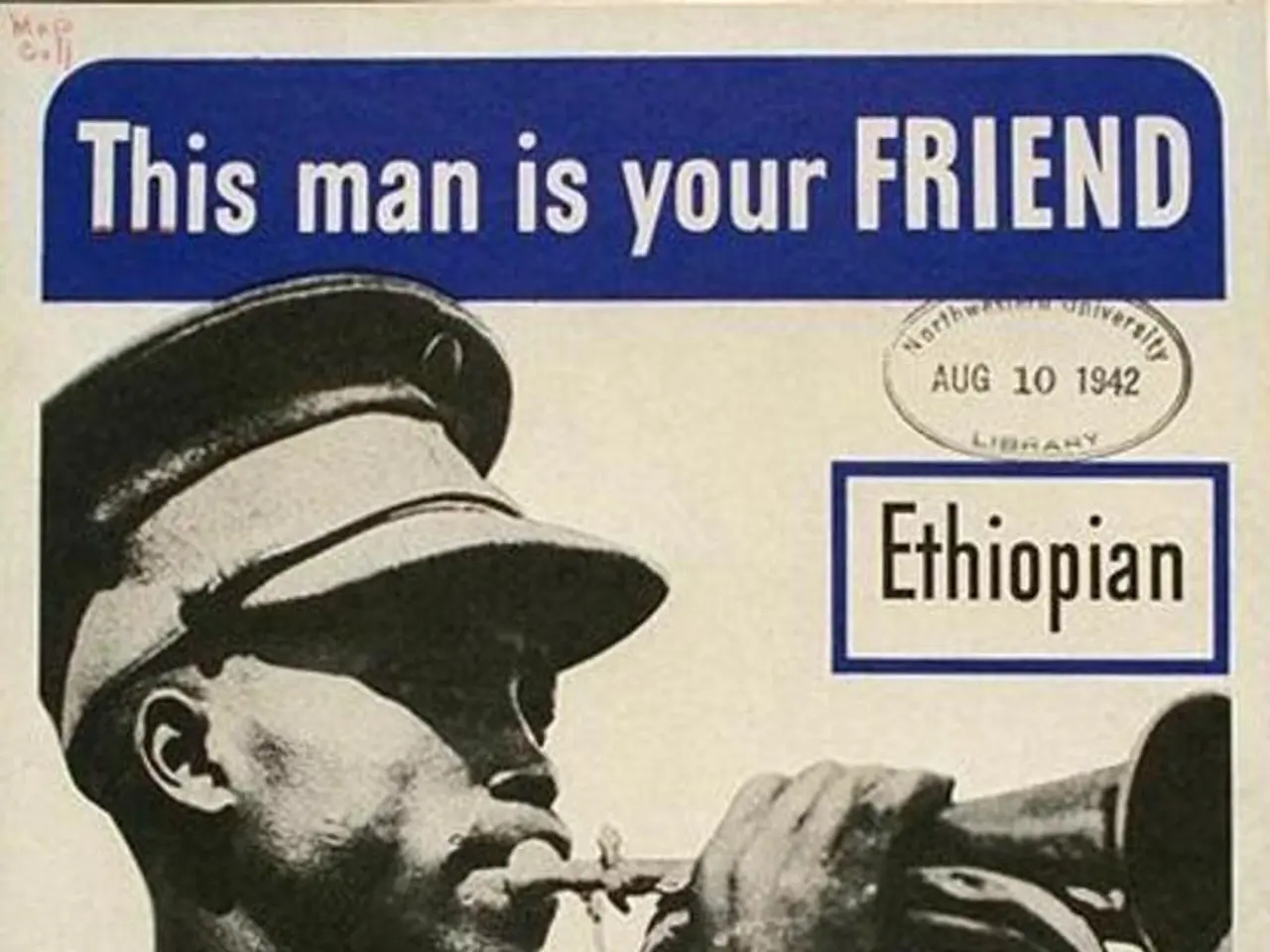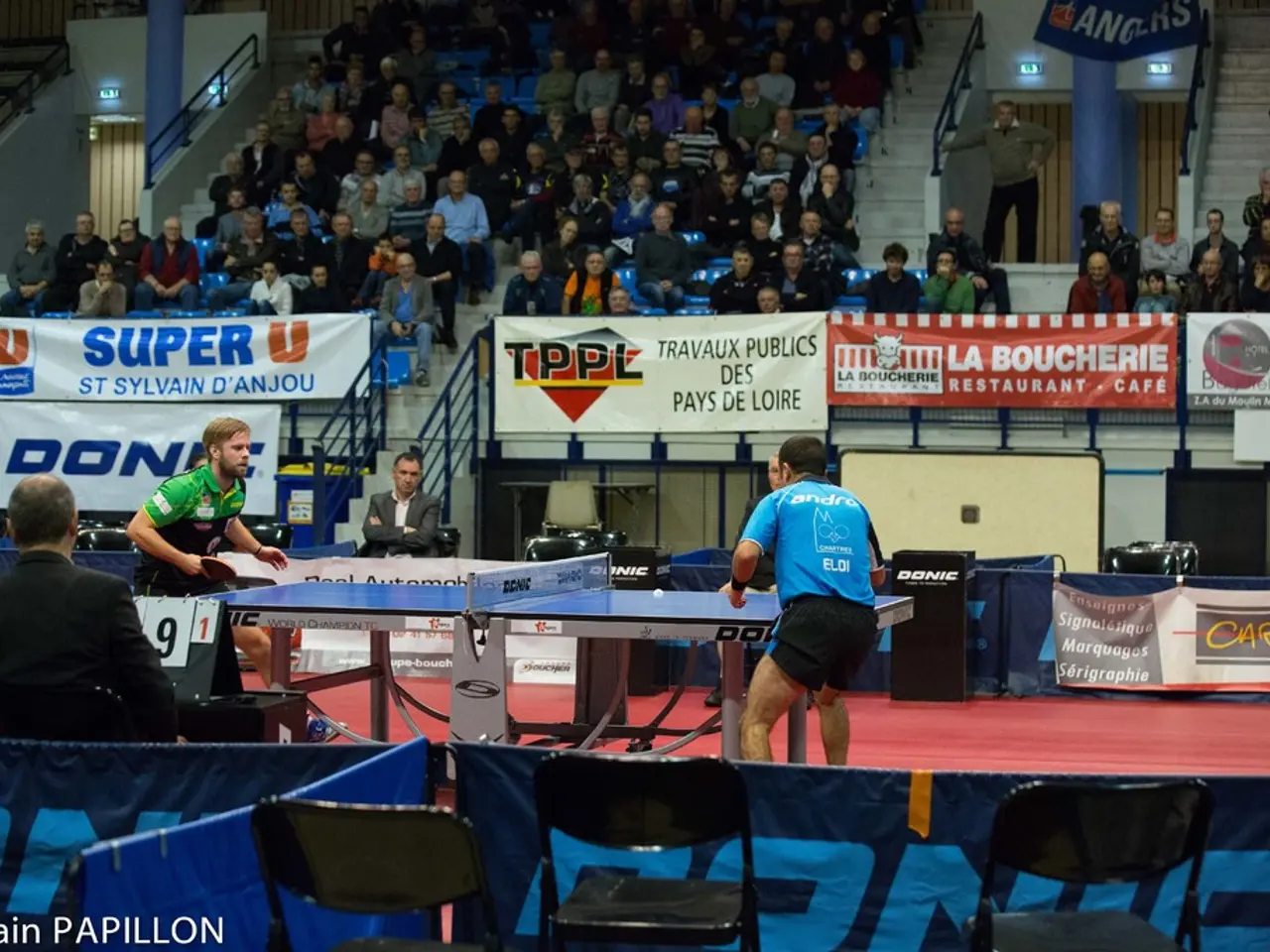School Social Work Controversy in Schwerin: Violence, Drugs, and Political Disputes
Wide approval for school-based social work, but ongoing disagreements persist - Broad-based endorsement for school social work, yet debates persist
In the Schwerin state parliament, a heated debate unfolded over the need for school social work, sparked by an AfD motion on the issue. Social Minister Stefanie Drese (SPD) accused the opposition party of disregarding children needing help, alleging they use the topic to stir up sentiment against migration or inclusion.
Enrico Schult, an AfD MP, brought up earlier inquiries revealing a surge in incidents of violence and drugs in schools. According to these reports, there were 320 cases of student-on-student violence in the 2018/19 school year, compared to 717 in 2023/24. Teacher-on-student violence also increased from 189 to 321 during the same period.
Schult insists, "We're facing a serious issue with violence and drugs in our schools." He advocates for restructuring school social work, stable funding, and its enshrinement in school law. Schult also highlights inclusion efforts and migration as contributing factors, pointing out that migration indeed impacts schools' finances, as demonstrated through additional resources for schools with higher local migration percentages.
Drese argues that school social work's independence is crucial to its success in helping students who may find it hard to confide in teachers or school leaders. She againsts the AfD motion, stating that it seeks to end the independence of youth welfare professionals in schools. The motion was ultimately rejected by a majority.
Christian Albrecht (Left) expressed concern that the AfD ignores topics like widespread right-wing extremism because it doesn't align with their narrative.
The state association of school social workers dismissed Schult's accusations of political bias within their profession. In a statement, the association denies the existence of one-sided political orientation. They call for consistent, long-term funding, as the current system requires ongoing applications, leading to uncertain conditions.
Currently, around 350 school social workers, supported by state funds and EU money, provide school social work services in MV, and their numbers have grown in recent years.
Insights:
While there's no specific data proving the increase in school violence and drug issues in Schwerin State directly, this problem is commonly linked to factors such as socioeconomic pressures, family issues, peer influence, inadequate preventive measures, and more. The dispute often revolves around providing better student support, striking a balance between law enforcement and educational interventions, and promoting community involvement. School social workers respond by enhancing counseling services, collaborating with law enforcement and health agencies, and implementing prevention programs. Political parties might debate on policies concerning education funding, law enforcement in schools, drug prevention programs, and social support systems. Local government reports, education department reports, or direct statements from social work professionals and political representatives can provide more detailed information on Schwerin's specific situation.
- The ongoing debate in the Schwerin state parliament, particularly the AfD motion, focuses on policy-and-legislation concerning school social work, with politics intertwined, as the motion touches upon issues like environment, inclusive education, and the independence of youth welfare professionals.
- General news reports and local government documents may shed light on theenvironmental factors, such as socioeconomic pressures, family issues, and peer influence, contributing to the emergence of school violence and drug problems in Schwerin, along with the need for improved student support and increased funding for school social work.







